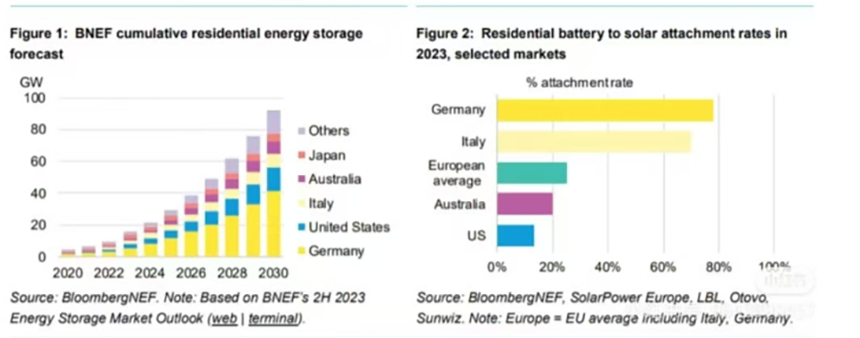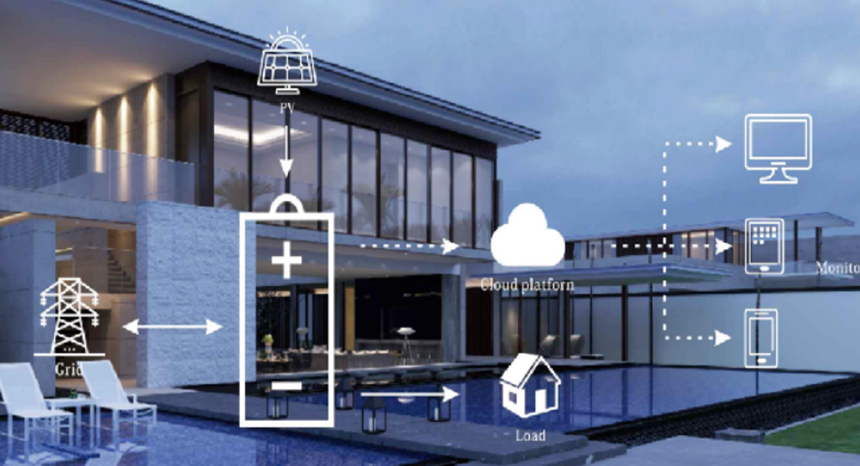The growth of the battery energy storage market in recent years has been nothing short of remarkable. In countries like Germany and Italy, over 70% of new residential solar systems are now equipped with battery energy storage systems (BESS). This indicates that the demand for batteries is not just a future trend but a current reality. Among the different battery types available, lithium iron phosphate (LFP) batteries have emerged as the most popular. The reasons are clear: they are safer and more cost-effective, two factors that are highly appealing to consumers.
From the consumer’s perspective, the most important considerations when choosing a battery are its capacity and the ability to monitor usage in real-time via a mobile phone or app. These features resonate strongly with many consumers who prioritize convenience and efficiency.
On the other hand, installers have different concerns. Their main focus is on the safety and quality of the product, as these directly impact their reputation. The report highlights that some consumers have had negative experiences with installations, such as construction delays or performance falling short of expectations. These issues can tarnish the reputation of the entire industry.
However, the report also outlines several challenges that remain. For instance, in many countries, without subsidies, the economic efficiency of batteries remains relatively low. Additionally, the installation industry is still maturing, and many consumers face subpar installation services. While these concerns are valid, the report also presents opportunities for the future. One promising solution could be the adoption of the Virtual Power Plant (VPP) model, which could optimize battery performance and help address the cost issues.
The residential battery energy storage market holds significant potential, especially as the adoption of renewable energy continues to grow.
Post time: Jan-17-2025










